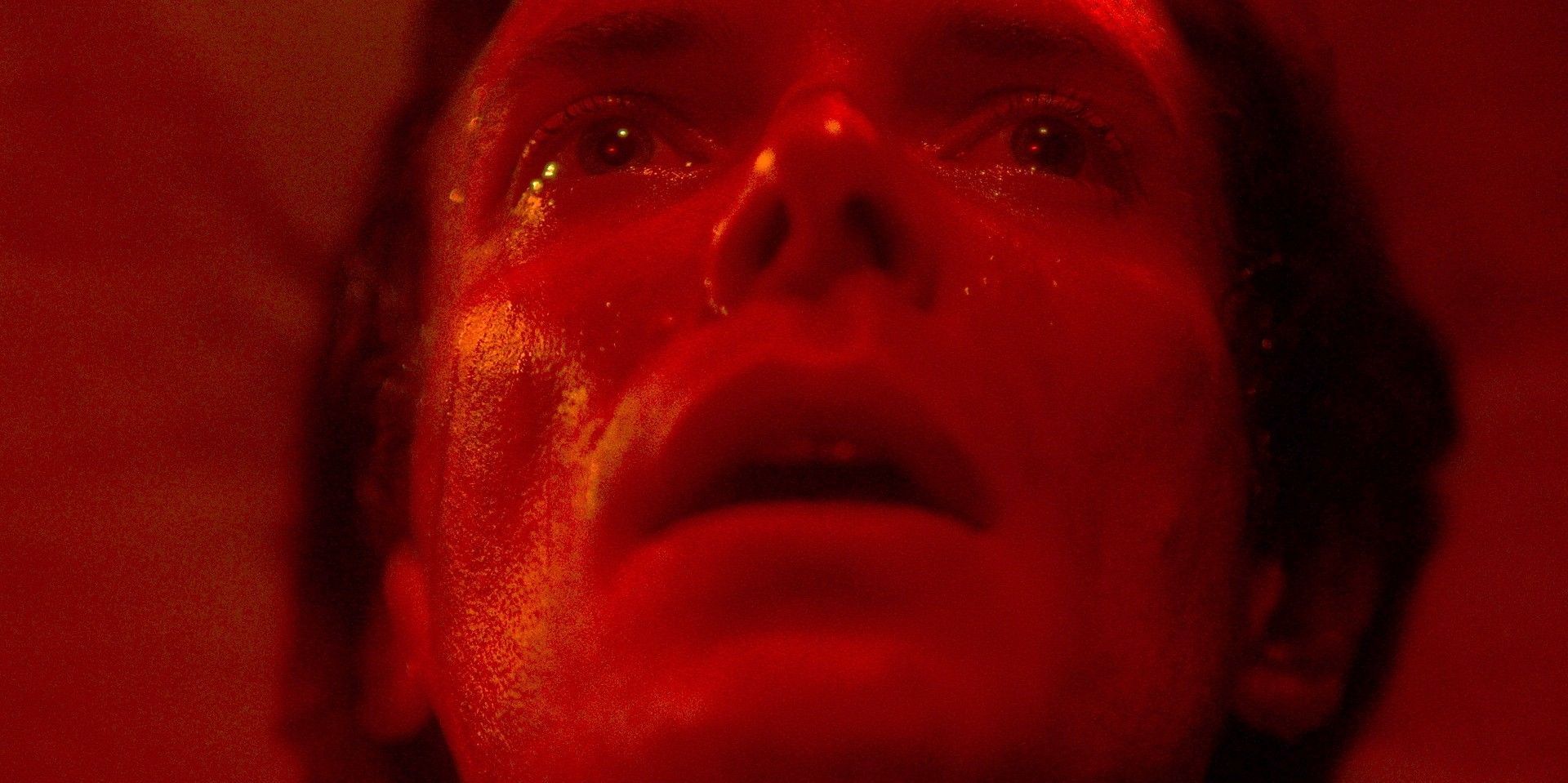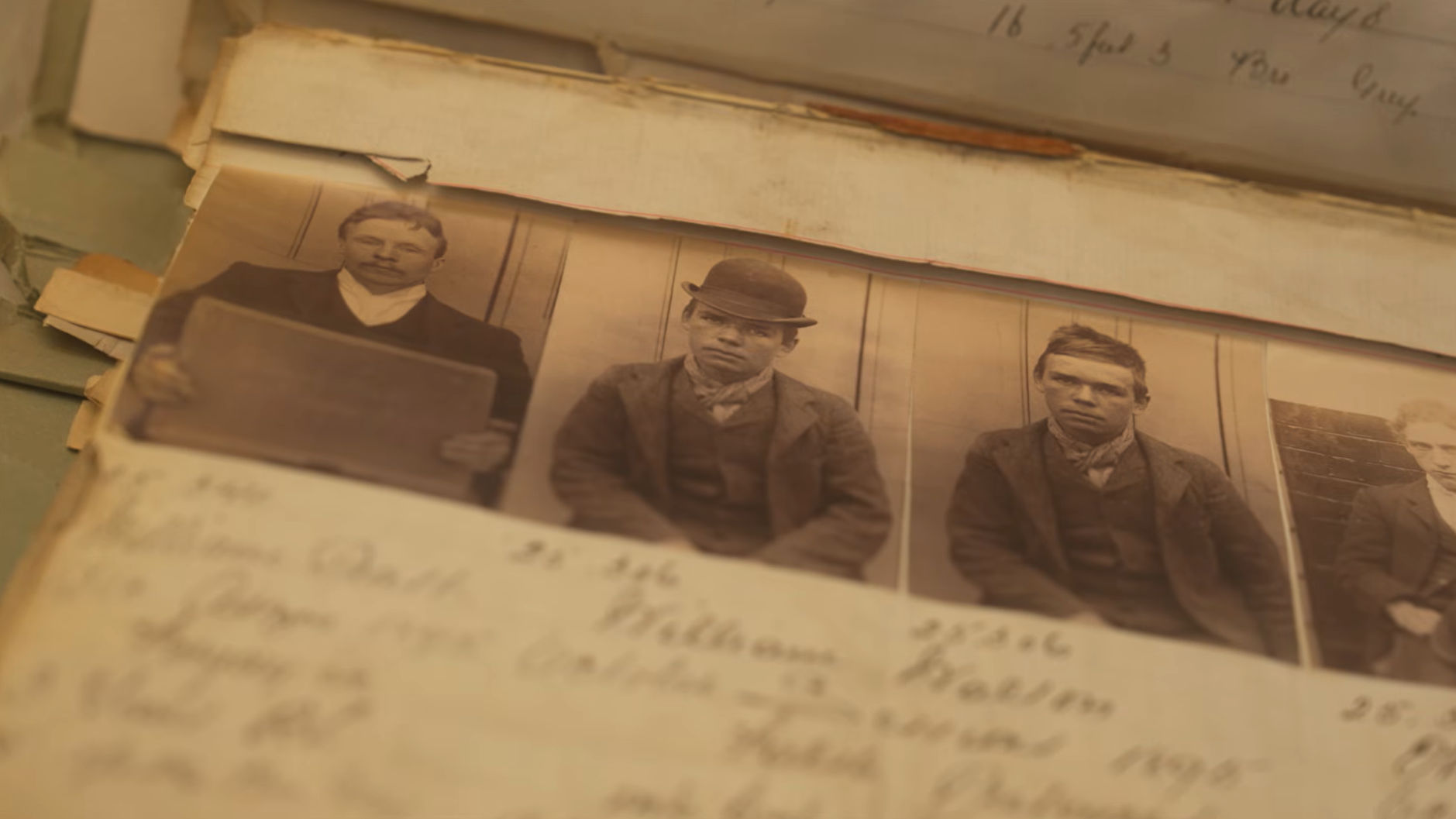Review of Radioactive
midlandsmovies • June 30, 2020

Radioactive (2020) Directed by Marjane Satrapi
Rosamund Pike stars as Maria Skłodowska-Curie in this curious graphic novel adaptation of the legendary scientist whose famous experiments on radiation made huge scientific leaps but also led to much tragedy.
Pike has previous form playing real life heroines with misfortunate end stories (A Private War
& Entebbe) and injects her exciting acting skills into the life of the physicist who conducted pioneering explorations on radioactivity.
Alongside Pike is Sam Riley (Control, Free Fire) as Marie’s eventual husband Pierre Curie and the film’s beginning shows their joint passion for revolutionary research alongside their personal love which begins to fuse them together at the same time.
Pike unfortunately has a clunky script to deal with. It gives her the most basic of motivations as she deals with a “man’s world” whilst also trying to push herself through the establishment and various academic barriers.
The film continues by showing the major milestones of her life as she wins the Nobel Prize twice, as well as becoming the first woman to become a professor at the University of Paris. The eclectic films and style of director Marjane Satrapi (Persepolis and the underrated The Voices with Ryan Reynolds) spill over into Radioactive too. As well as the era-specific wardrobe of Paris, Satrapi injects shots of animated atoms and CGI fusion processes to help explain the science.
This unfortunately muddles its tone somewhat but, alongside some experimental and visual “fire-dance” sequences, made it more than just your standard period drama. Another success was the score which included interesting instruments and arrangements involving the theremin and the percussive clinks of glass (test tubes?). Bubbling over from one scene to the next, the use of electronica was strange for a period drama but far more interesting than standard orchestral strings.
Less successful though are the heavy-handed flash-forward scenes of radiation use in hospitals, h-bomb tests (with nasty Indiana Jones and The Crystal Skull vibes), and recreations of Hiroshima and the fallout of Chernobyl. Slightly cheap and as tacky as a Family Guy cutaway gag, they felt an unnecessary distraction from the central story.
As Curie shares her discovery with the world, it slowly becomes apparent that the new elements are extremely poisonous despite their “illuminating” natural glows.
Pike radiates on screen but her character’s harsh façade melts down when her husband dies and the late addition of Anya Taylor-Joy as her daughter Irene Curie demonstrates the under-utilization of a good support cast. The film quickly zooms by both their work on X-Rays during World War I and the racism faced as a Polish immigrant.
In the end, Radioactive covers far too much time during Curie’s life leading to a rushed biopic flashing by aspects of her work and personal journey too quickly. Similar to the recent The Current War, the material is too dense for the film to do justice to. And whilst there are many elements to enjoy, mainly the committed cast, the film will probably garner a lukewarm reaction on its release at best.
Michael Sales

Expanded from director Thibault Emin’s 2007 short film of the same name, Else boasts a really strong premise but struggles out of the starting gates. A bizarre virus which merges people with their surroundings forces the introverted Anx (Matthieu Sampeur) and extroverted Cass (Edith Proust) to hunker down in Anx’s apar




